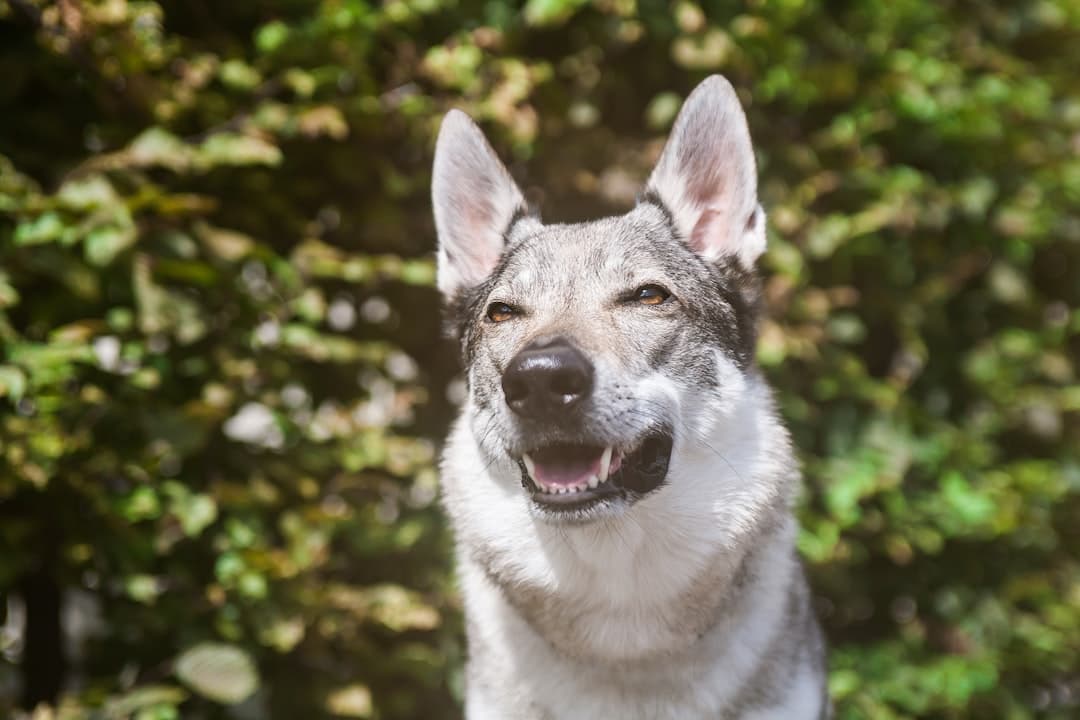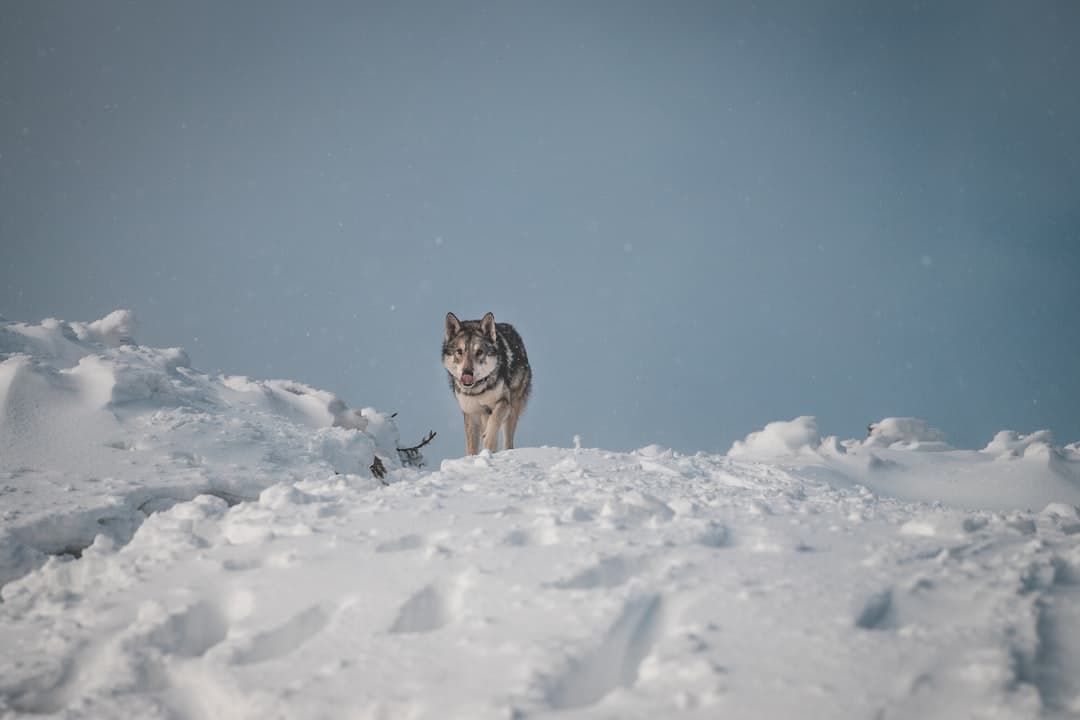Wolfdogs: Complete Guide to Wolf Dog Breeds
Discover the fascinating world of wolfdogs - unique breeds that combine the intelligence of domestic dogs with the wild characteristics of wolves. Explore Czechoslovakian Wolfdogs, Saarloos Wolfdogs, and learn everything about these exceptional hybrid breeds.
What Makes Wolfdogs Special?
Wolfdogs are unique hybrid breeds that combine the best traits of domestic dogs and wild wolves. They're intelligent, loyal, and possess a distinctive wolf-like appearance that sets them apart from traditional dog breeds.
Intelligent & Independent
Wolfdogs are extremely intelligent but also more independent than typical dogs. They require experienced owners who can provide consistent training and mental stimulation. Their wolf ancestry gives them strong problem-solving abilities.
Loyal & Protective
Once they form a bond with their family, wolfdogs are incredibly loyal and protective. They have strong pack instincts and will fiercely guard their loved ones. Early socialization is crucial for their development.
Unique Appearance
With their wolf-like features, wolfdogs have a striking appearance that commands attention. They typically have pointed ears, almond-shaped eyes, and a wild, athletic build that reflects their dual heritage.
Types of Wolfdogs
The recognized wolfdog breeds that combine domestic dog intelligence with wolf genetics.
Wolfdog Breed Spotlight
Czechoslovakian Wolfdog: The Military Hybrid
The Czechoslovakian Wolfdog was developed in the 1950s by crossing German Shepherds with Carpathian wolves. Originally bred for military and border patrol work in Czechoslovakia, these intelligent dogs combine the trainability of the German Shepherd with the endurance and resilience of wolves. They're known for their gray, wolf-like appearance and high energy levels. Czechoslovakian Wolfdogs require experienced owners who can provide extensive exercise and mental stimulation. They're independent thinkers who need consistent, patient training.
Saarloos Wolfdog: The Dutch Wolf Hybrid
The Saarloos Wolfdog was created in the Netherlands by crossing German Shepherds with European wolves. Developed by Leendert Saarloos starting in 1935, this breed was intended to combine the best traits of both species. Saarloos Wolfdogs are typically more reserved and less social than Czechoslovakian Wolfdogs, showing stronger wolf instincts. They form deep bonds with their families but can be wary of strangers. These dogs require patient owners who understand wolf behavior and can provide appropriate socialization from an early age.
Understanding Wolfdog Behavior
Wolfdogs exhibit unique behaviors due to their wolf ancestry. They may howl instead of barking, have strong prey drives, and prefer to establish a pack hierarchy. Unlike typical dogs, they may not be as eager to please and can be more aloof with strangers. However, with proper training and socialization, they can be loving, loyal companions. It's essential to research local laws regarding wolfdog ownership, as many areas have restrictions.
Caring for Your Wolfdog
Training & Socialization
Wolfdogs require extensive training and early socialization. Unlike typical dogs, they may be less motivated by praise and more independent in their thinking. Use positive reinforcement methods, but be prepared for a more challenging training experience. Early socialization with people, other dogs, and various environments is crucial. Consider working with a trainer experienced in wolfdog behavior.
Exercise & Mental Stimulation
These high-energy breeds need extensive daily exercise - at least 2-3 hours of vigorous activity. They excel at activities like hiking, running, and agility training. Mental stimulation is equally important - puzzle toys, training sessions, and interactive games help prevent boredom and destructive behavior. Wolfdogs have strong prey drives, so they should always be supervised and kept on leash in unfenced areas.
Housing & Environment
Wolfdogs need secure, high-fenced yards (minimum 6 feet) and should not be left unsupervised outdoors. They may attempt to escape if not properly contained. Indoor living is possible with sufficient exercise, but they require more space and activity than typical dogs. Due to their strong pack instincts, they do best in homes where someone is present most of the time.
Health & Grooming
Wolfdogs are generally healthy but can be prone to hip dysplasia and eye problems. Regular veterinary check-ups are essential. Grooming is moderate - they have dense coats that require regular brushing, especially during shedding seasons. Their coats are designed to withstand harsh weather, reflecting their wolf heritage.
Legal Considerations
Before considering a wolfdog, research your local and state laws carefully. Many jurisdictions have restrictions or bans on wolfdog ownership due to concerns about public safety. Some areas require special permits, insurance, or housing requirements. Always check with local animal control and legal authorities before acquiring a wolfdog.

